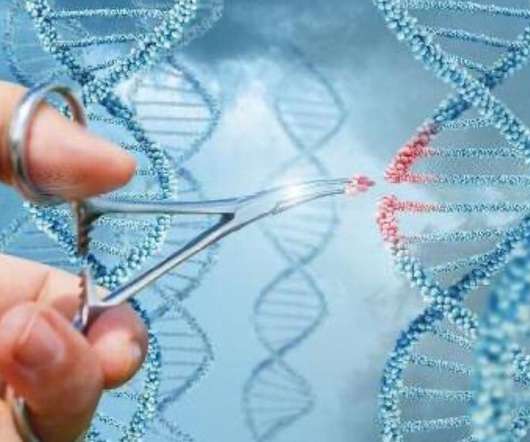Gene Switch: A Novel Platform for Switching Genes On and Off
Roots Analysis
AUGUST 31, 2023
Gene switches can be regulatory proteins or specific DNA sequences that act to either switch on or off the expression of a gene. Basic Components of Gene Switch Gene switches are composed of noncoding DNA sequences and transcription factors.













Let's personalize your content